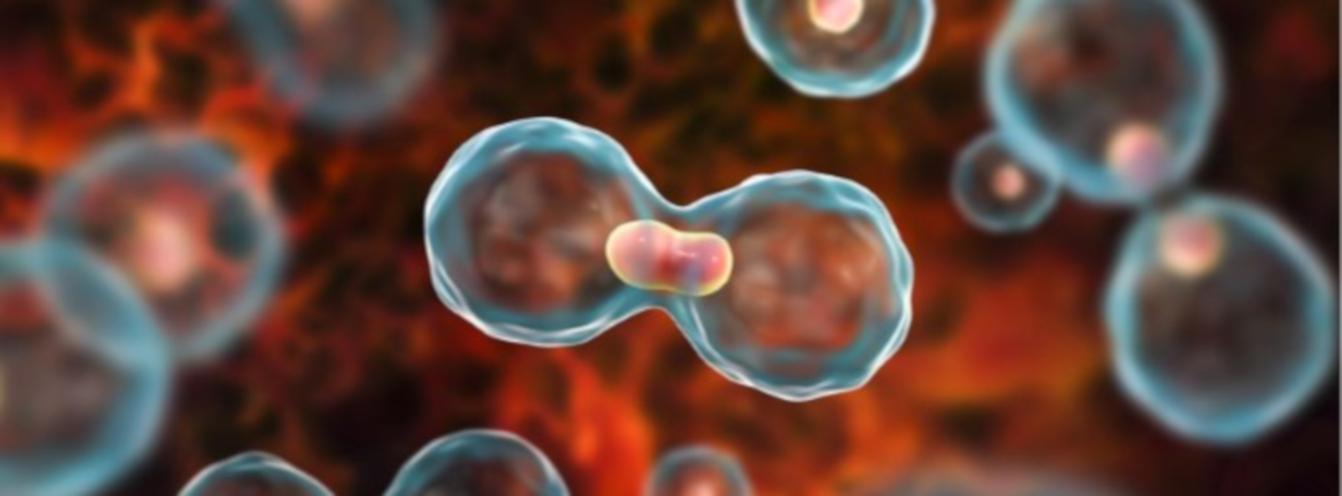The Importance of CDKs (Cyclin-dependent kinases)
(Note: companies that could be impacted by the content of this article are listed at the base of the story (desktop version). This article uses third-party references to provide a bullish, bearish and balanced point of view; sources listed in the “Balanced” section)
Cell proliferation is a tightly regulated
process by the cell cycle machinery in normal tissues, while dysregulated
cellular proliferation and aberrant proliferation is a hallmark of cancer. Cyclin-dependent
kinases (CDKs) are critical regulatory enzymes that drive cell cycle
transitions, control cell division and proliferation. Many of the key concepts
of CDK biology were discovered over 20 years ago through the study of yeast.
In 2001, Doctor Leland H. Hartwell, R. Timothy
Hunt and Paul M. Nurse were awarded the Nobel Prize
for their discoveries of “key regulators
of the cell cycle”.
There are currently >20 members of the CDK family. The cyclin D/cyclin-dependent kinases 4 and 6 (CDK4/6) are regulators of cell cycle and signal through cell cycle pathway involving p16, an endogenous suppressor of CDK4/6, cyclin D1, the regulatory subunit of CDK4/6, and retinoblastoma (Rb) protein, a tumor suppressor. Controlled phosphorylation and deactivation of the Rb protein by the CDK4/6 complex is crucial for the normal cell cycle progression. Unhindered activity of CDK4/6 pathway can result in alterations of cyclin-dependent kinases stimulating cell cycle pathway and cell proliferation in cancer cells. Selective CDK4/6 inhibitors “turn off” these kinases and dephosphorylation of Rb, resulting in a block of cell-cycle progression preventing the proliferation of cancer cells.
Figure 1. Immune Mechanism in
Response to CDK4/6 Inhibitors
Source: AACR 2018
